We passed the 1.5C climate threshhold. We must now explore extreme options | Sir David King
We do not have the luxury of rejecting solutions before we have thoroughly investigated their risks, trade-offs and feasibilityAs a lifelong scientist, I have always believed that if something is possible, we can find a way to achieve it. And yet, one of the starkest realities we now face is that the world is failing to meet its climate goals. Last year marked a historic and deeply troubling threshold: for the first time, global temperatures exceeded 1.5C above pre-industrial levels. Without drastic and immediate climate action, this breach will not be temporary. The consequences – rising sea levels, extreme weather and devastating loss of biodiversity – are no longer projections for the distant future. They are happening now, affecting millions of lives, and likely to cause trillions in damages in decades to come.But we must think beyond our immediate horizons. When I read The Iliad, I am reminded that it was written 2,800 years ago. I often wonder: in another 2,800 years, what will people – if humanity as we know it still exists – read about our time? Will they see us as the generation that failed to act or one that made the choices necessary to safeguard the planet for the future? Continue reading...

We do not have the luxury of rejecting solutions before we have thoroughly investigated their risks, trade-offs and feasibility
As a lifelong scientist, I have always believed that if something is possible, we can find a way to achieve it. And yet, one of the starkest realities we now face is that the world is failing to meet its climate goals. Last year marked a historic and deeply troubling threshold: for the first time, global temperatures exceeded 1.5C above pre-industrial levels. Without drastic and immediate climate action, this breach will not be temporary. The consequences – rising sea levels, extreme weather and devastating loss of biodiversity – are no longer projections for the distant future. They are happening now, affecting millions of lives, and likely to cause trillions in damages in decades to come.
But we must think beyond our immediate horizons. When I read The Iliad, I am reminded that it was written 2,800 years ago. I often wonder: in another 2,800 years, what will people – if humanity as we know it still exists – read about our time? Will they see us as the generation that failed to act or one that made the choices necessary to safeguard the planet for the future? Continue reading...




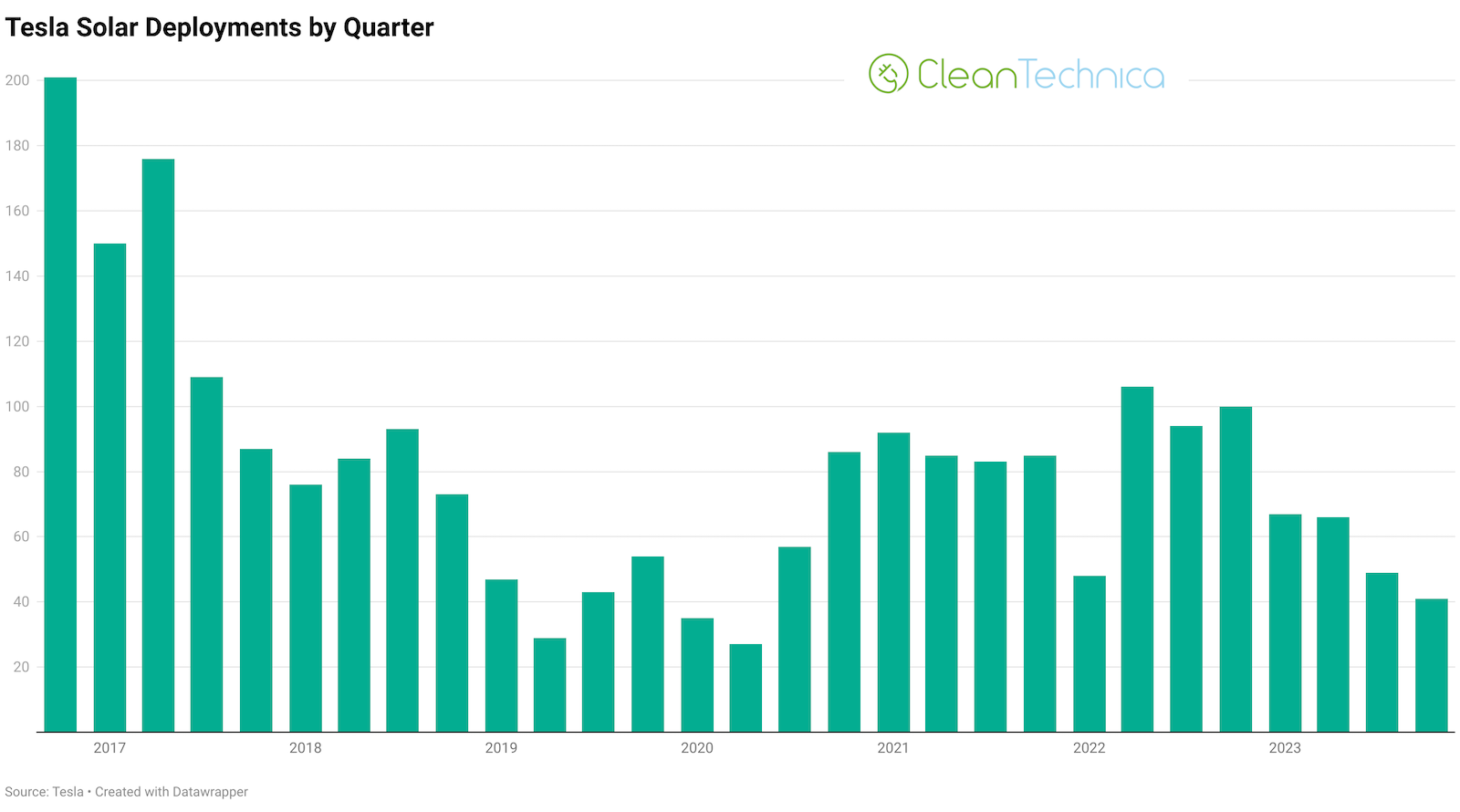

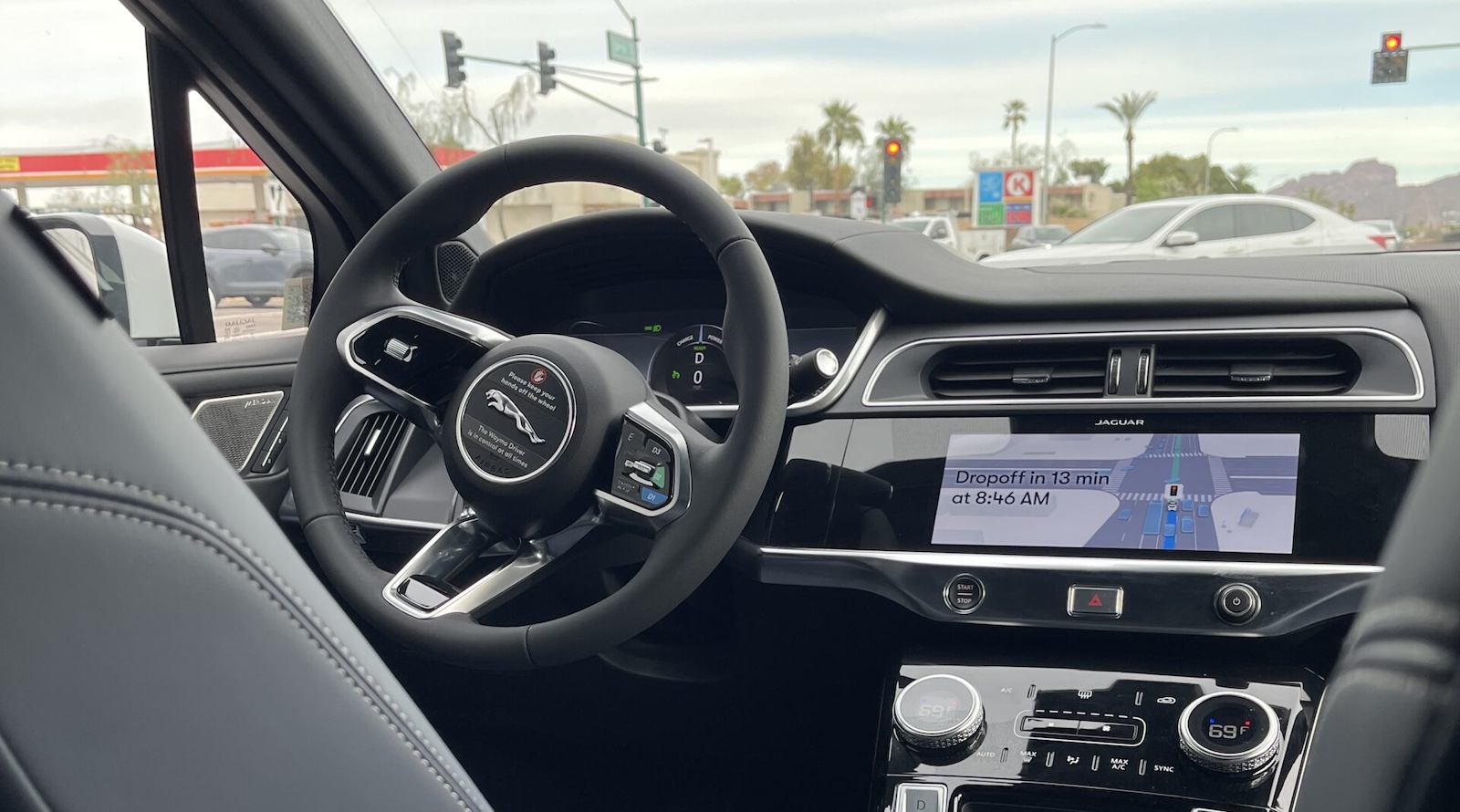








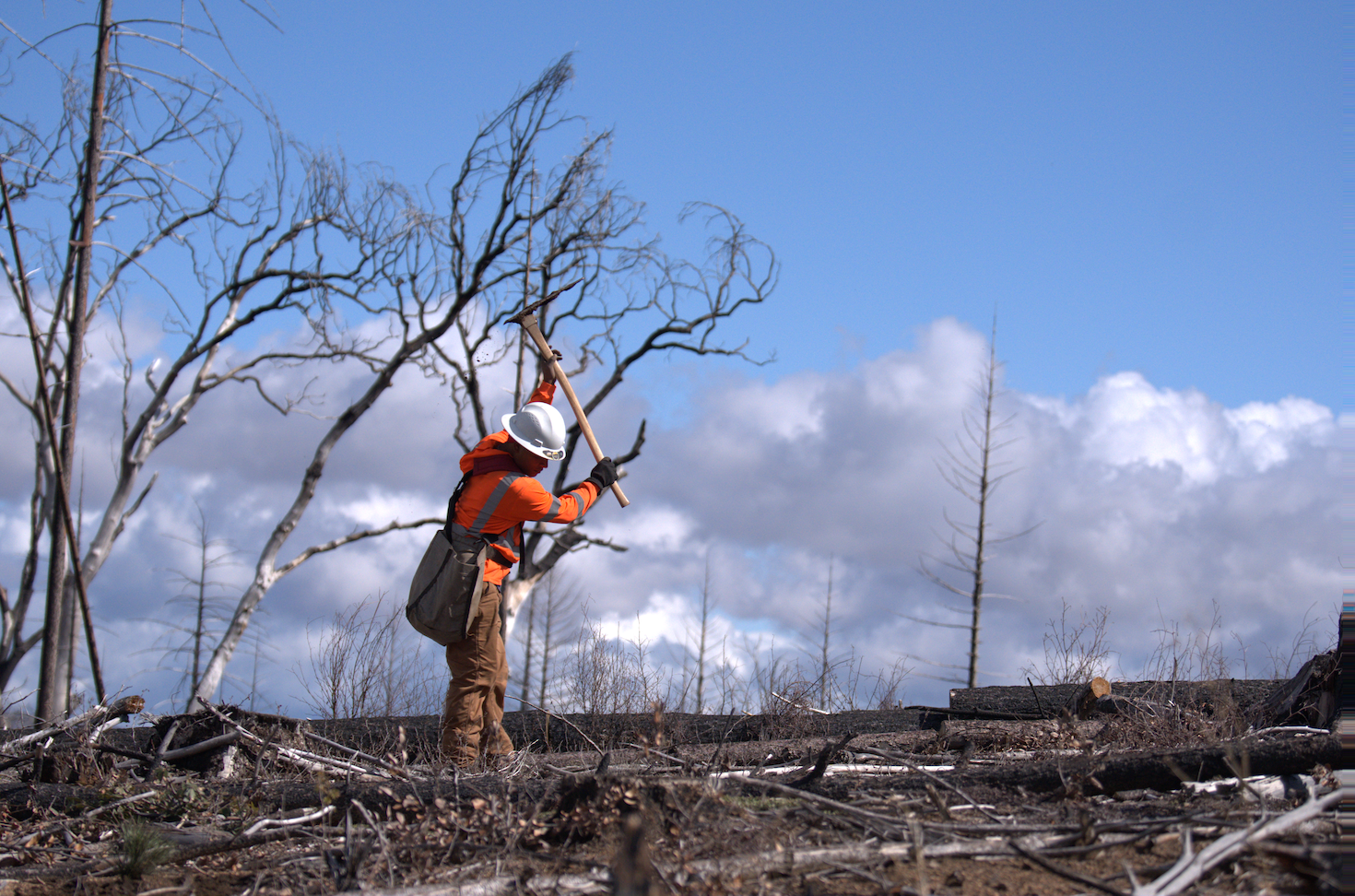










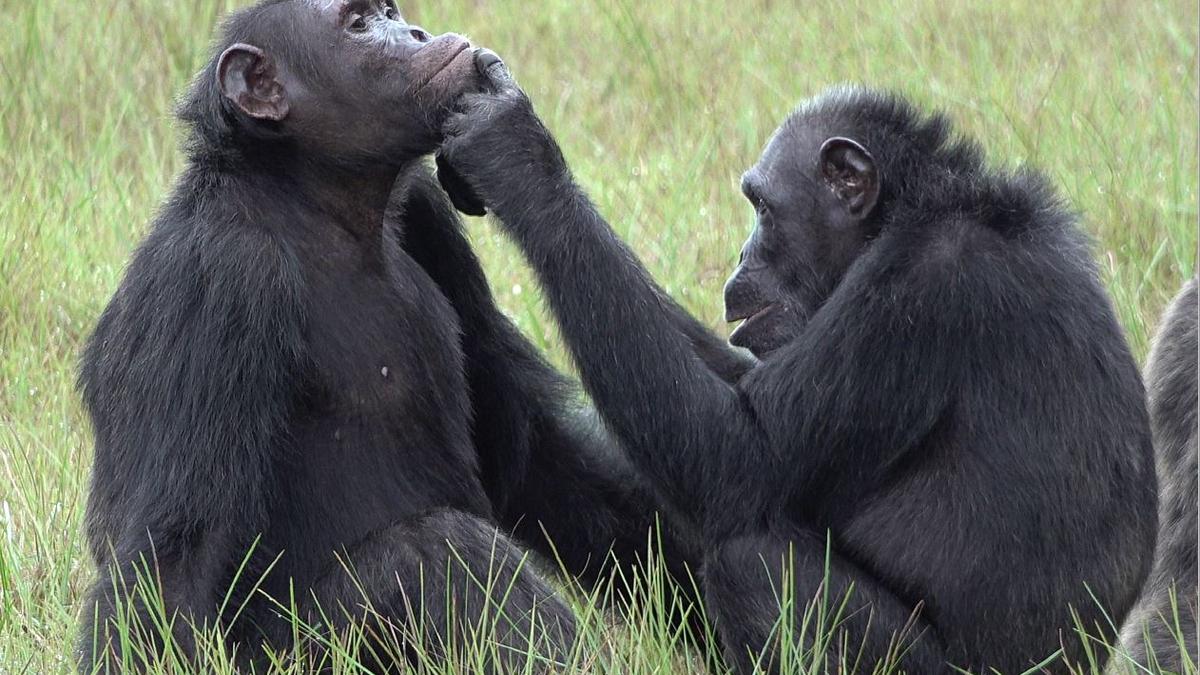


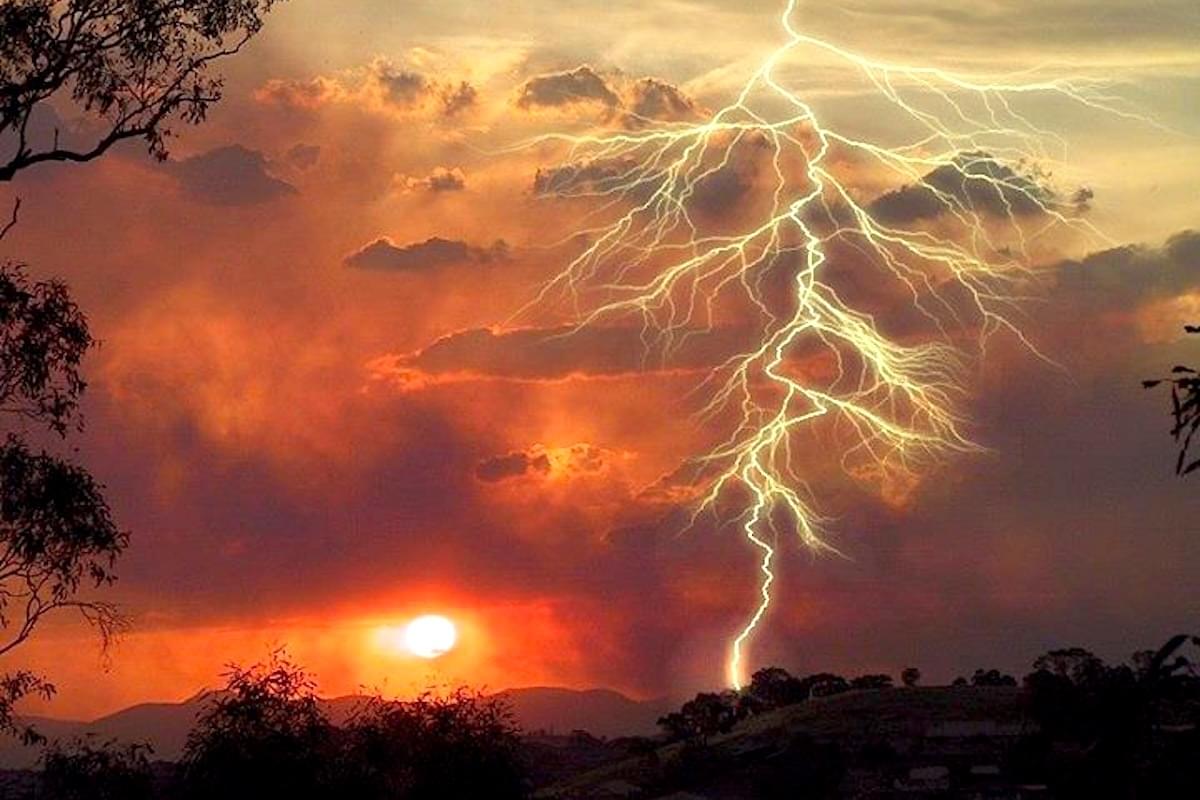

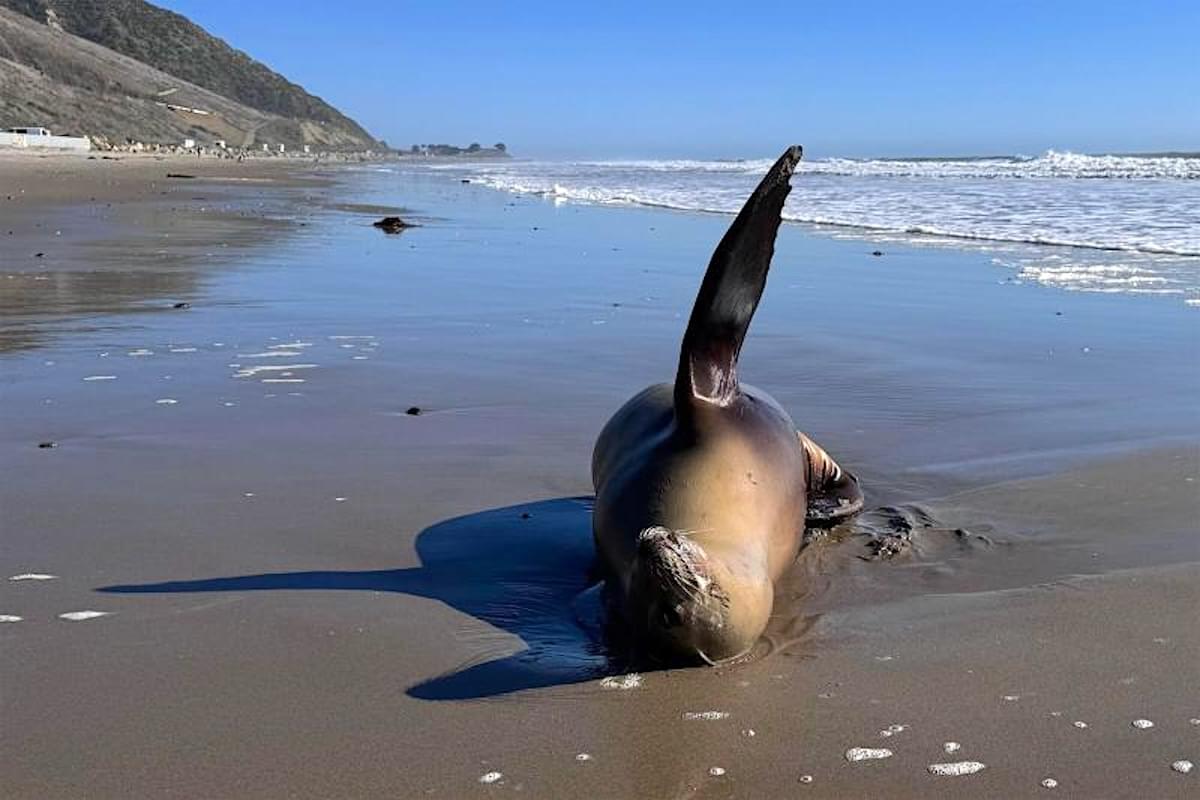
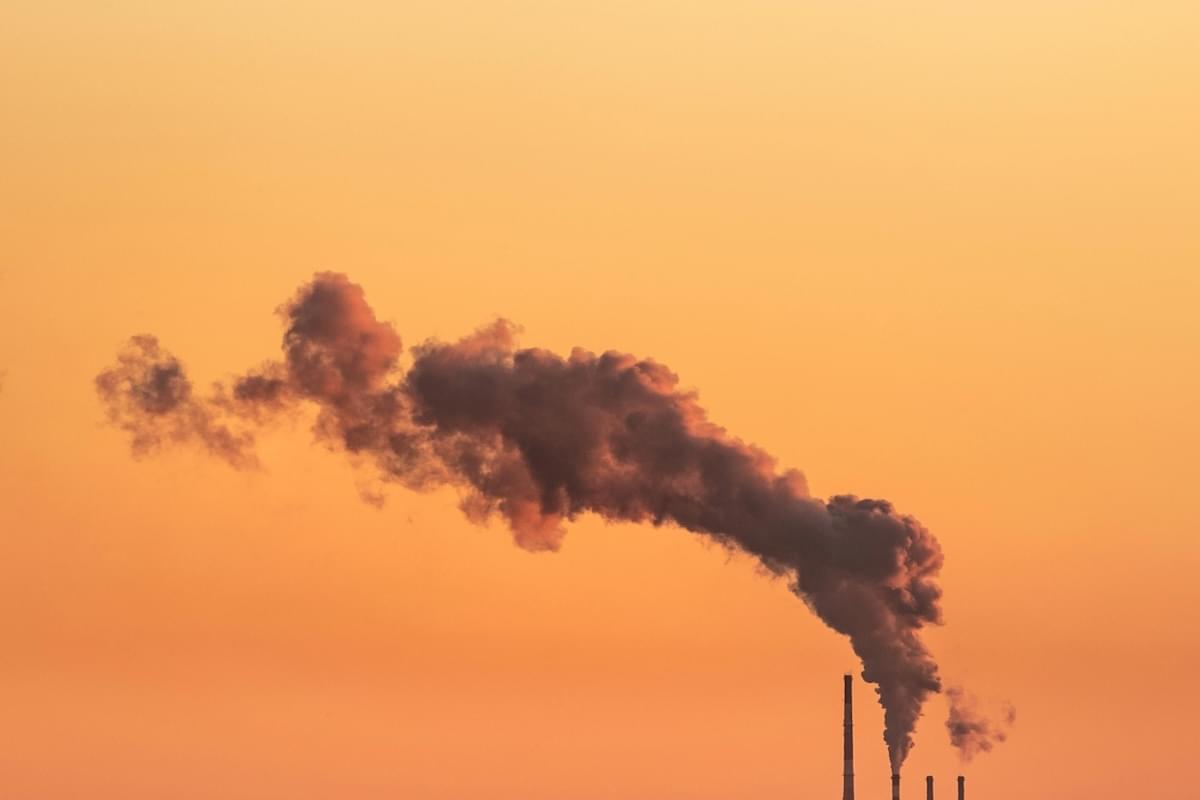
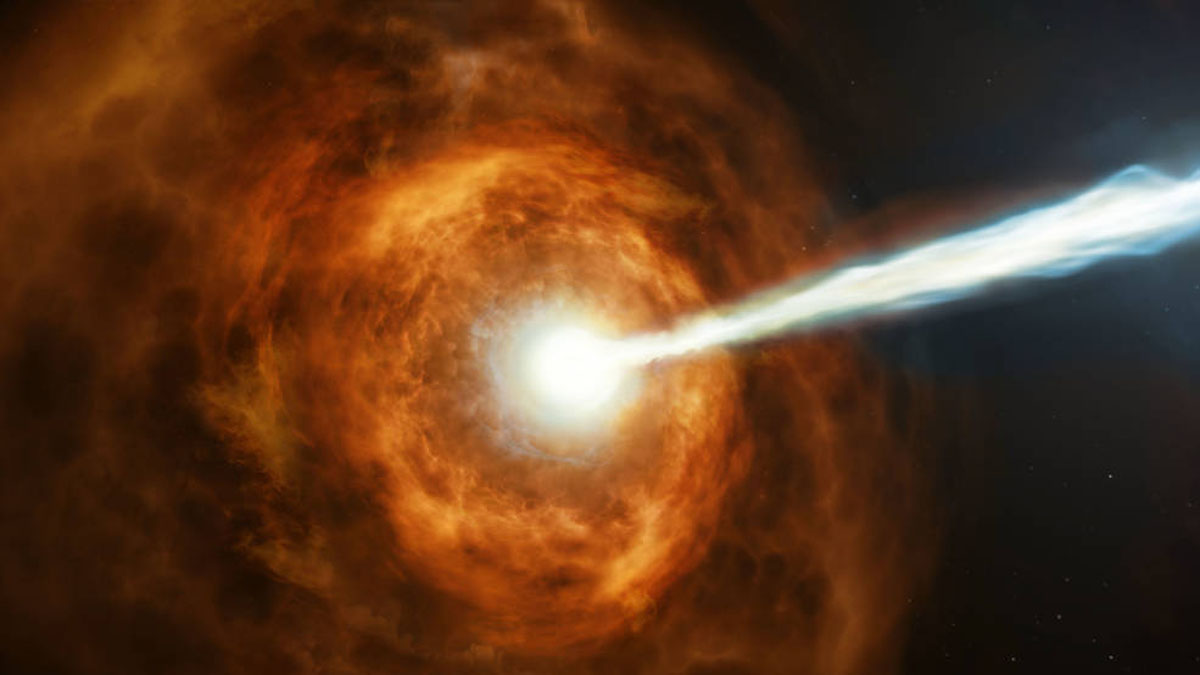





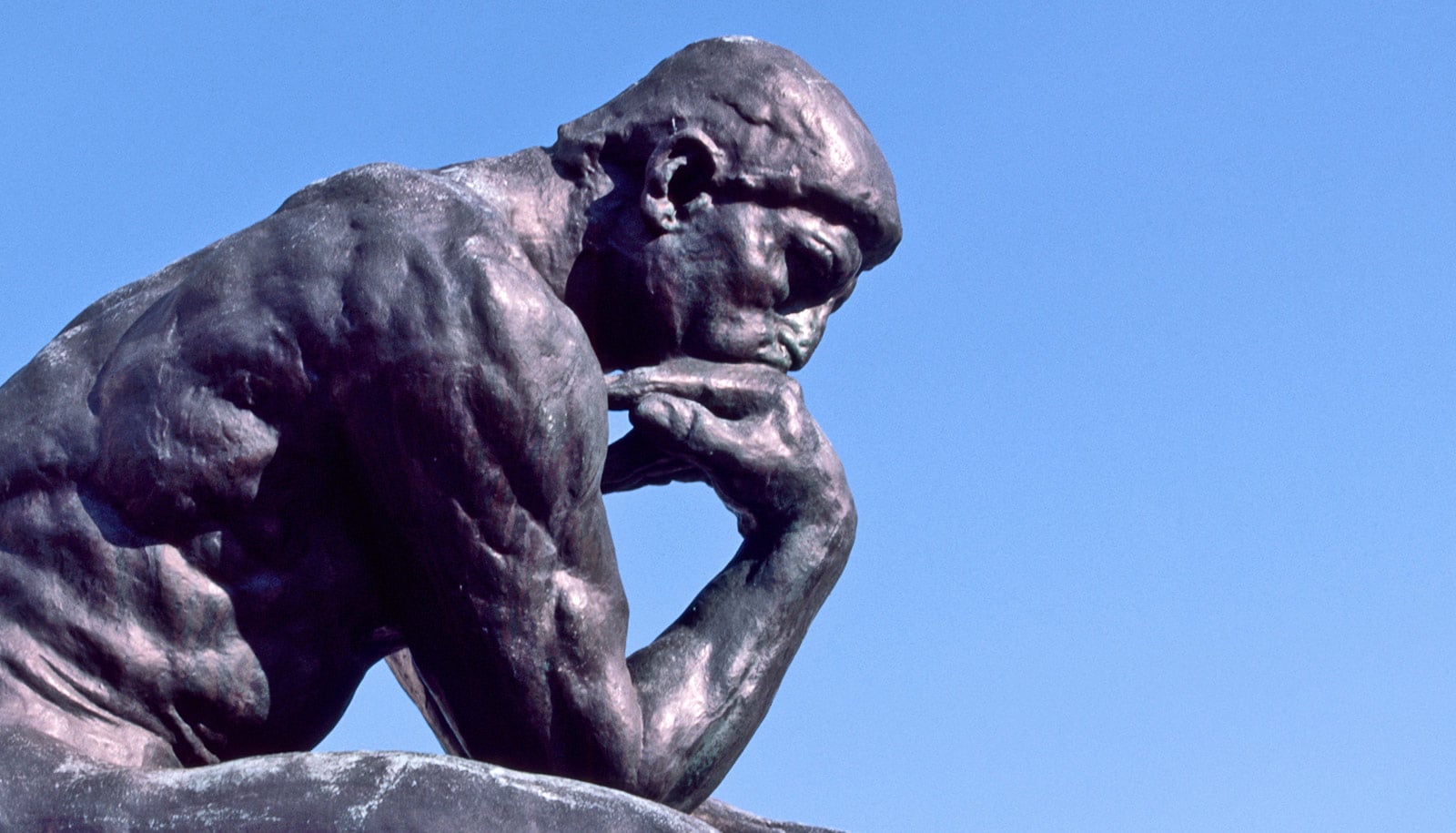


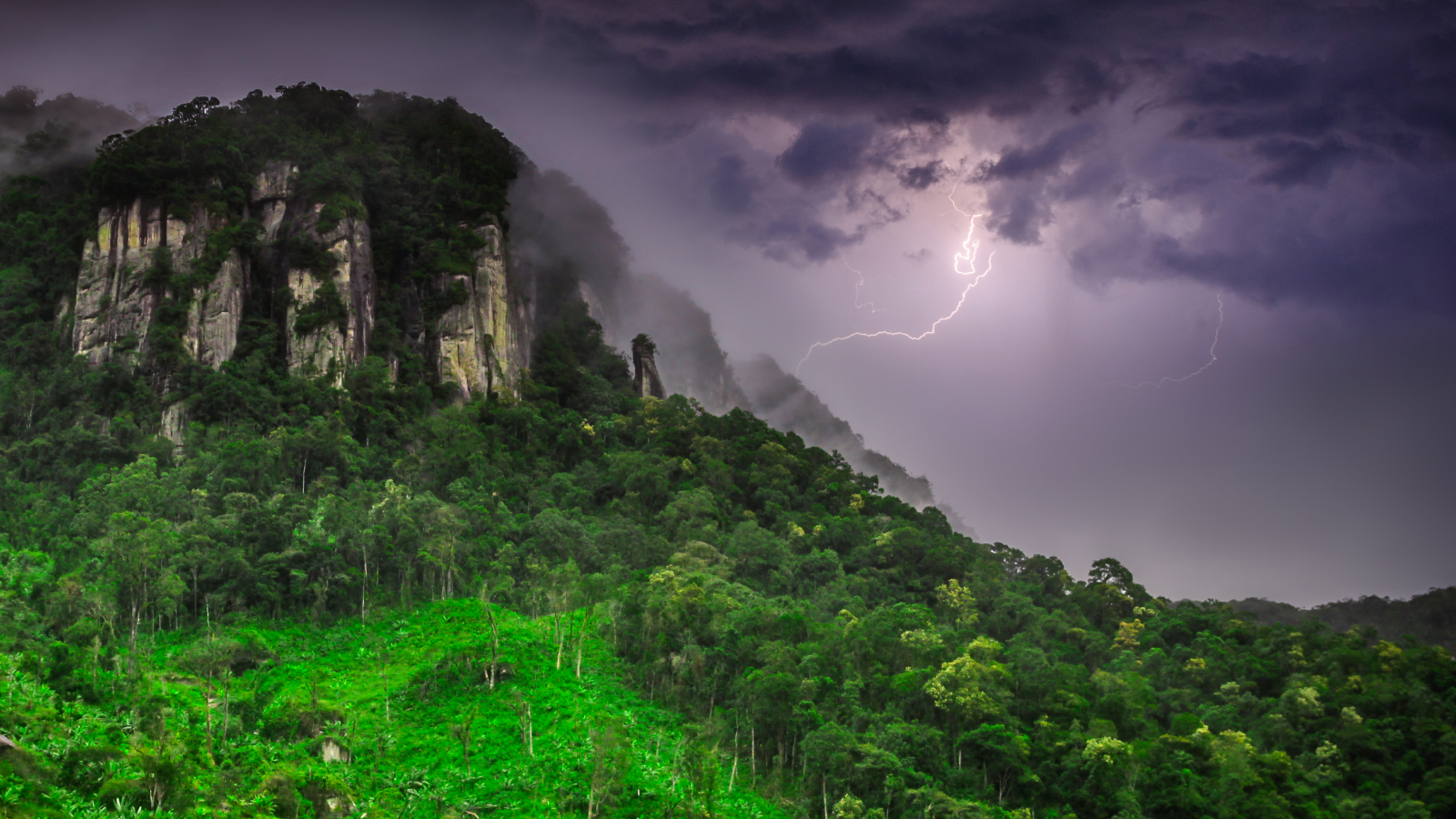
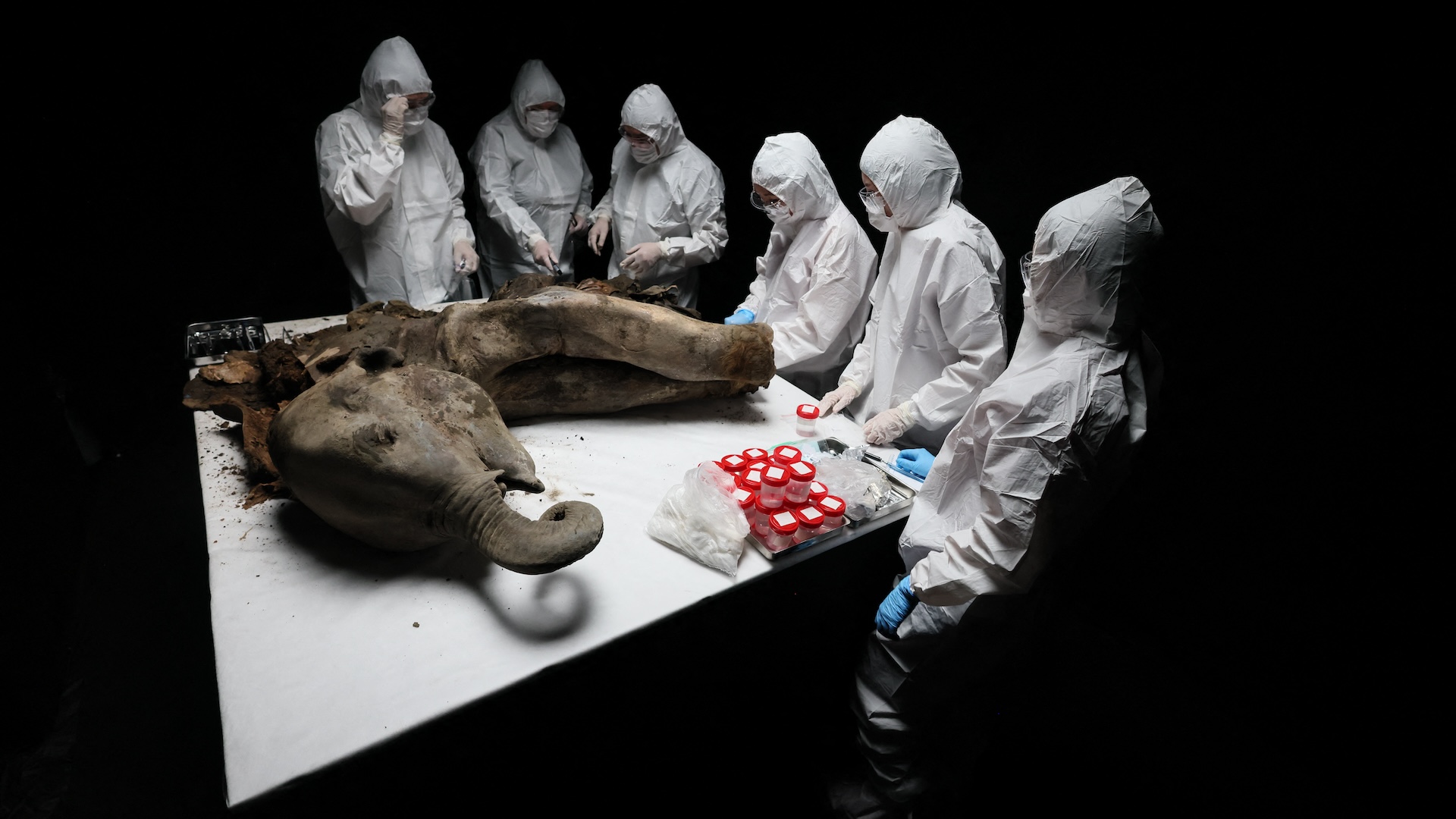
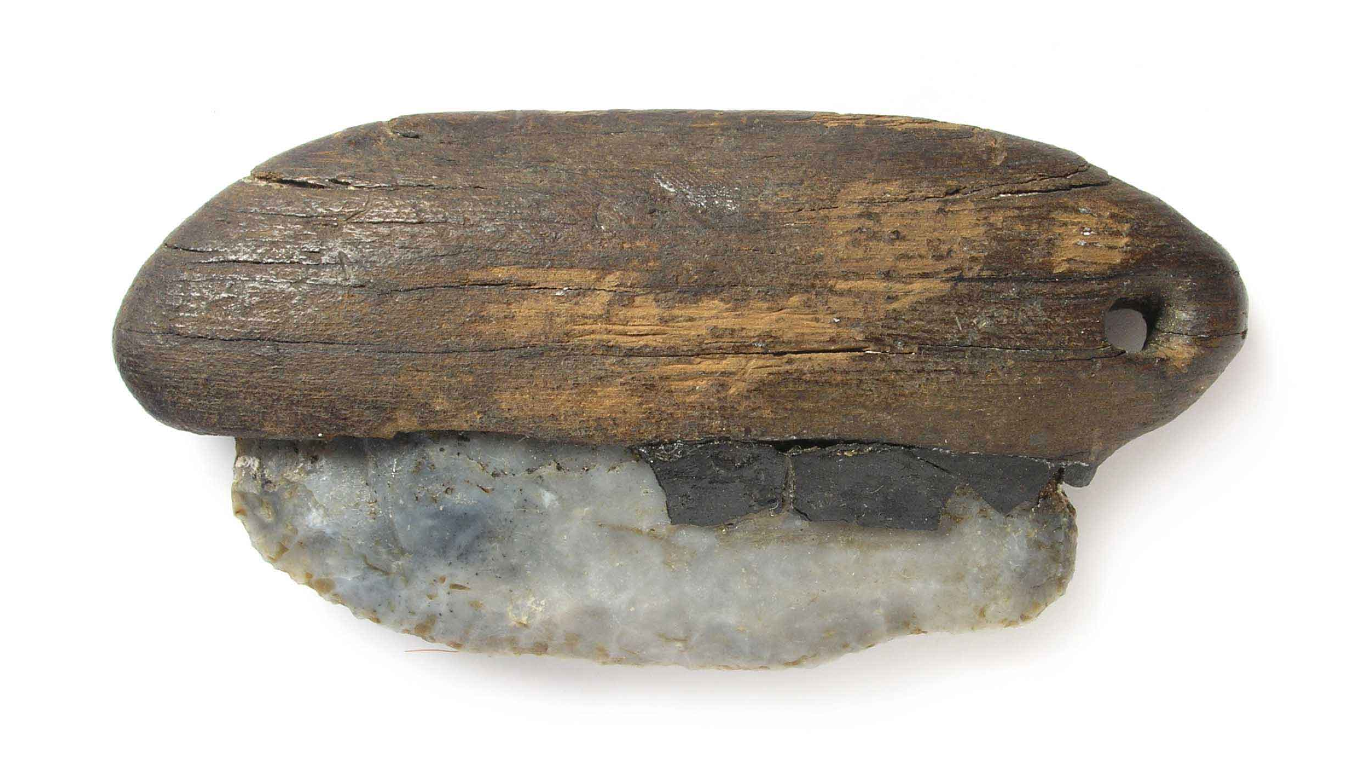
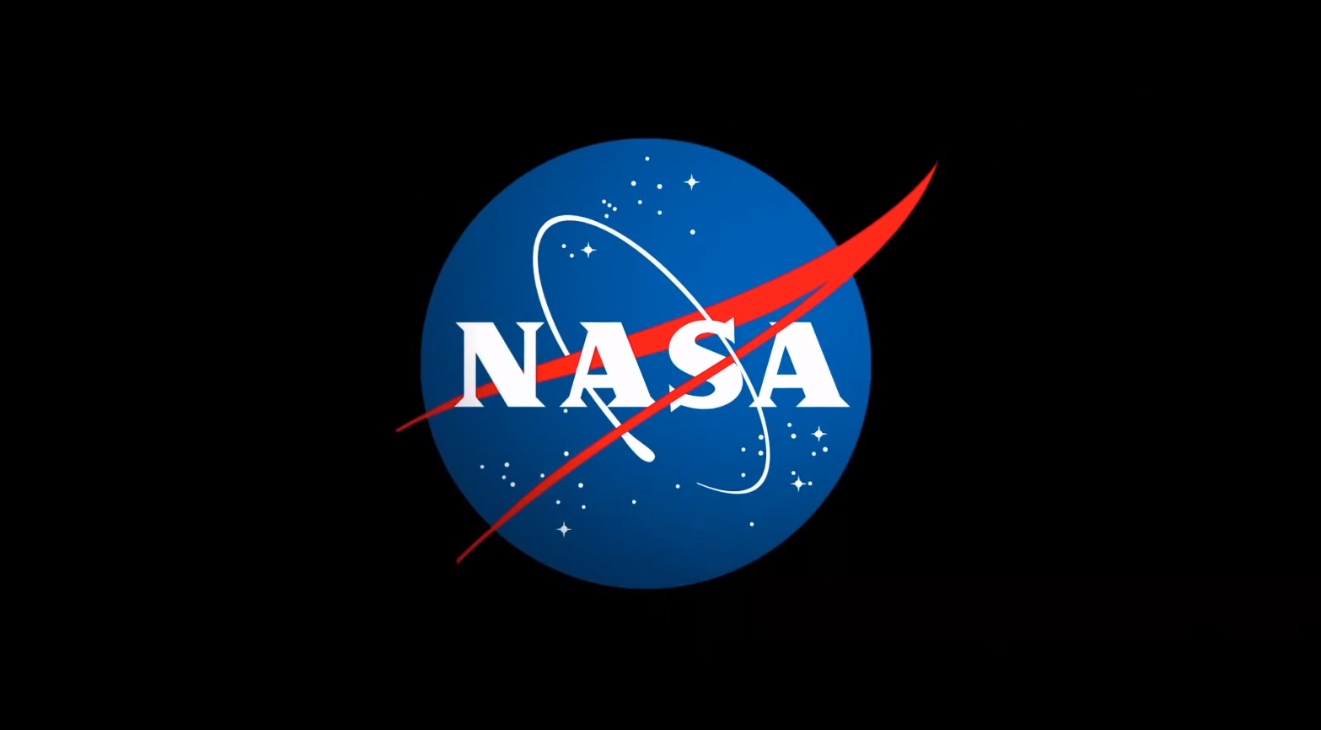





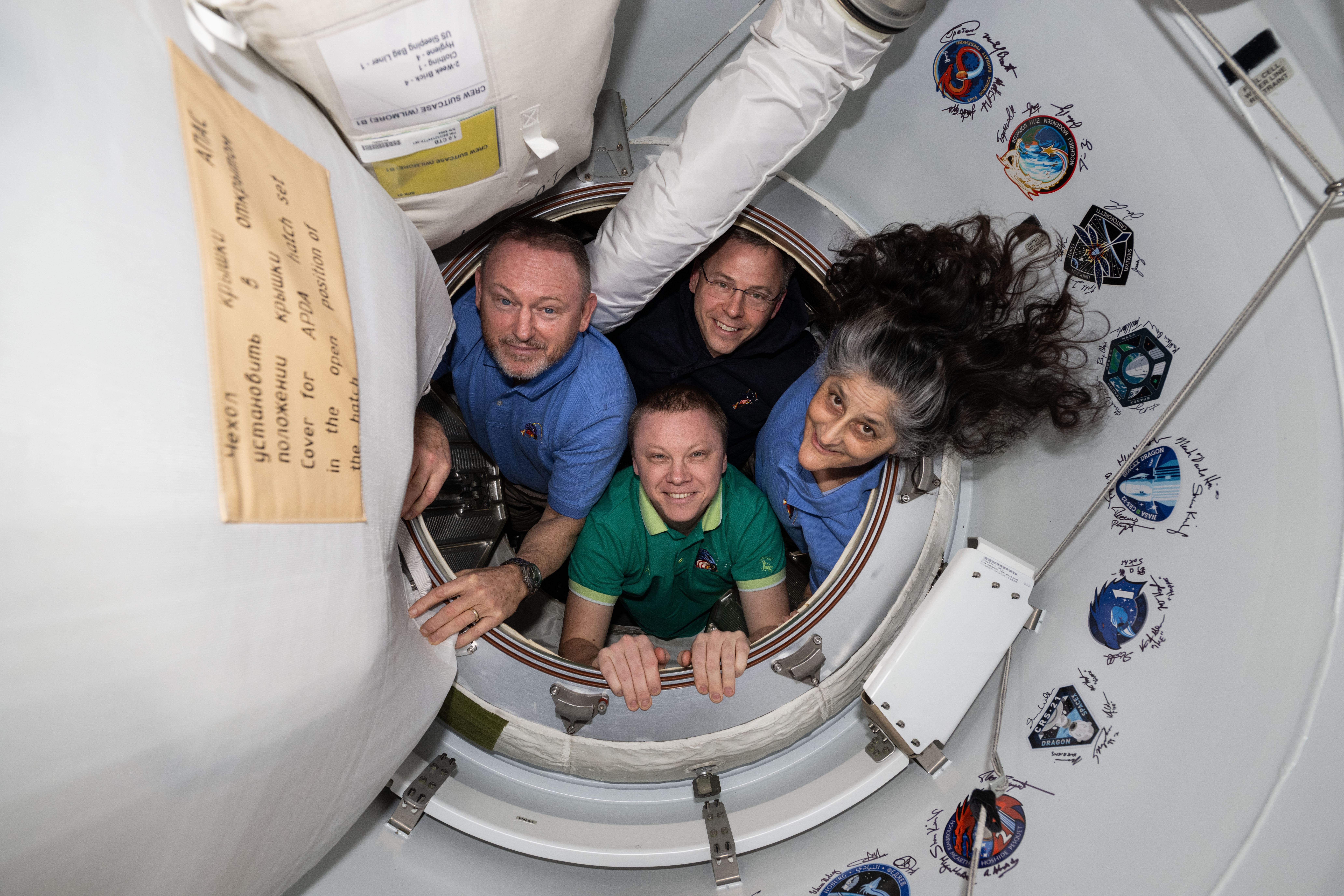
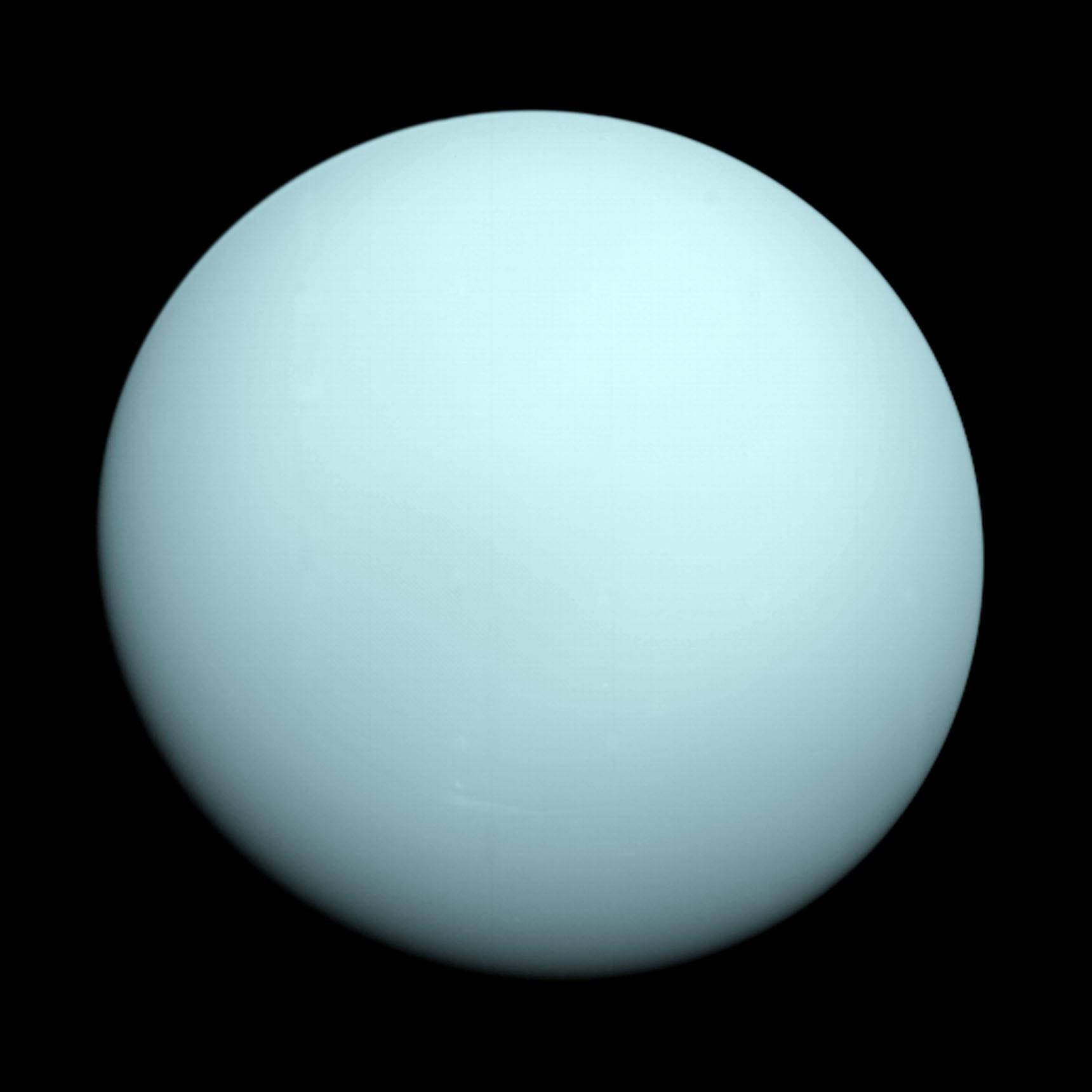








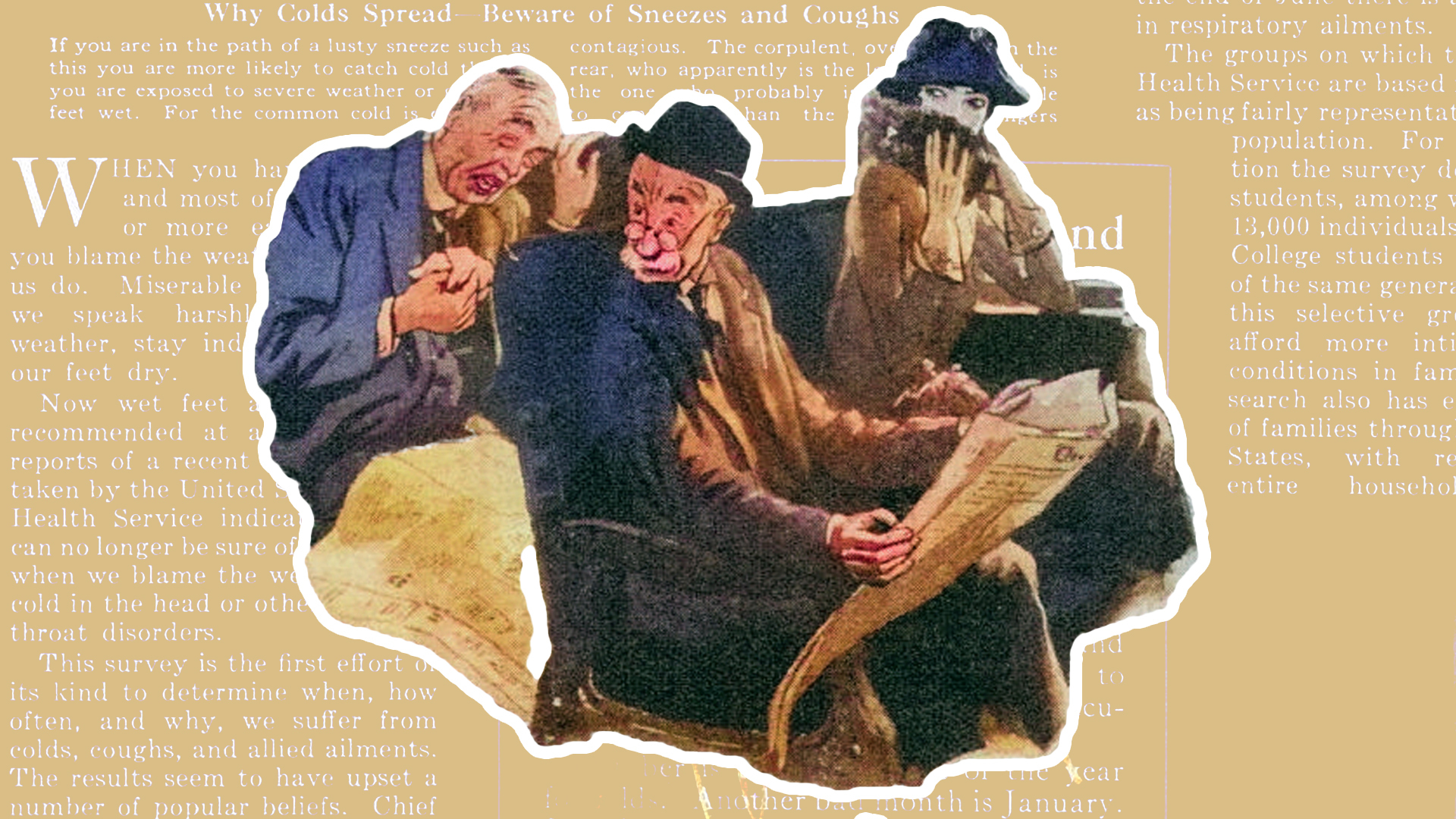

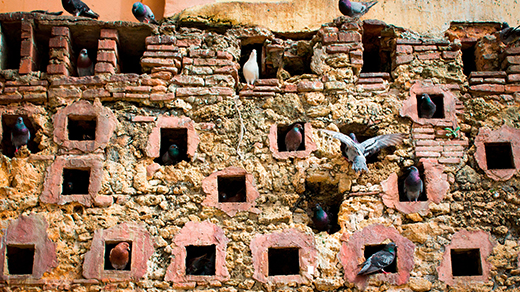


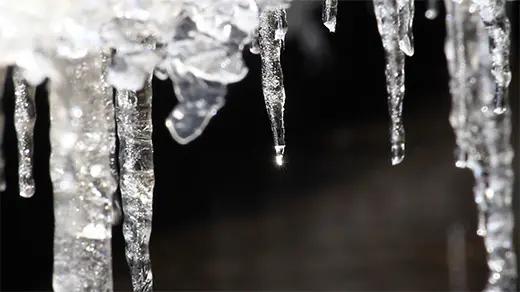












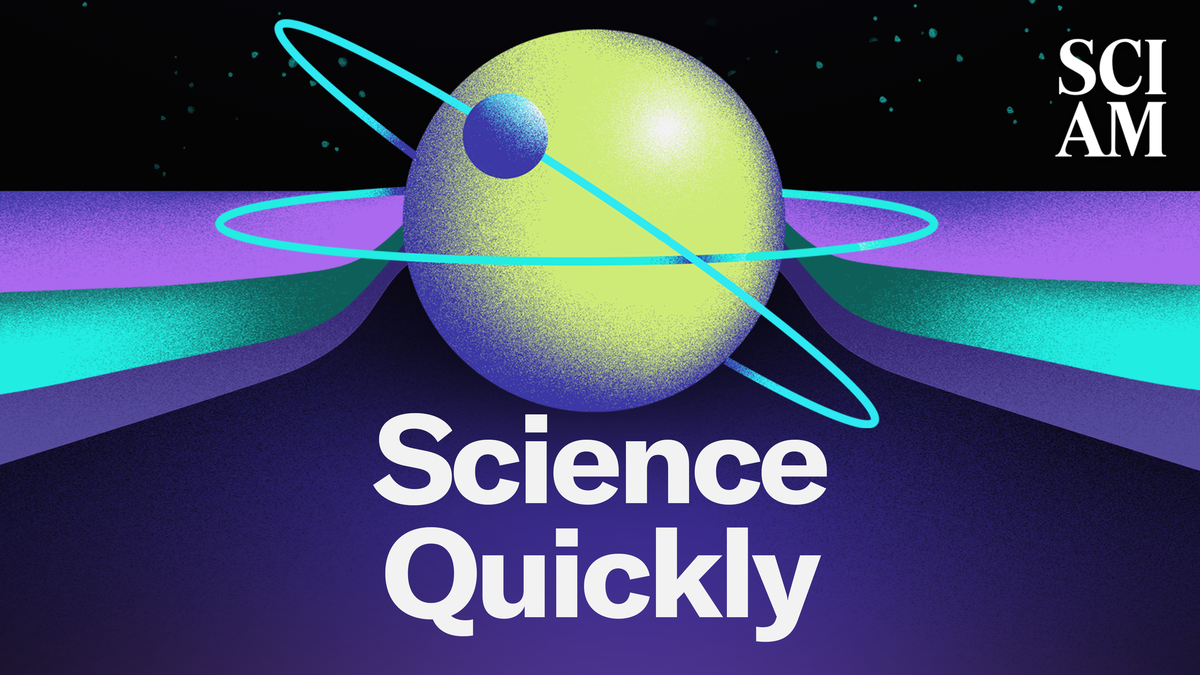



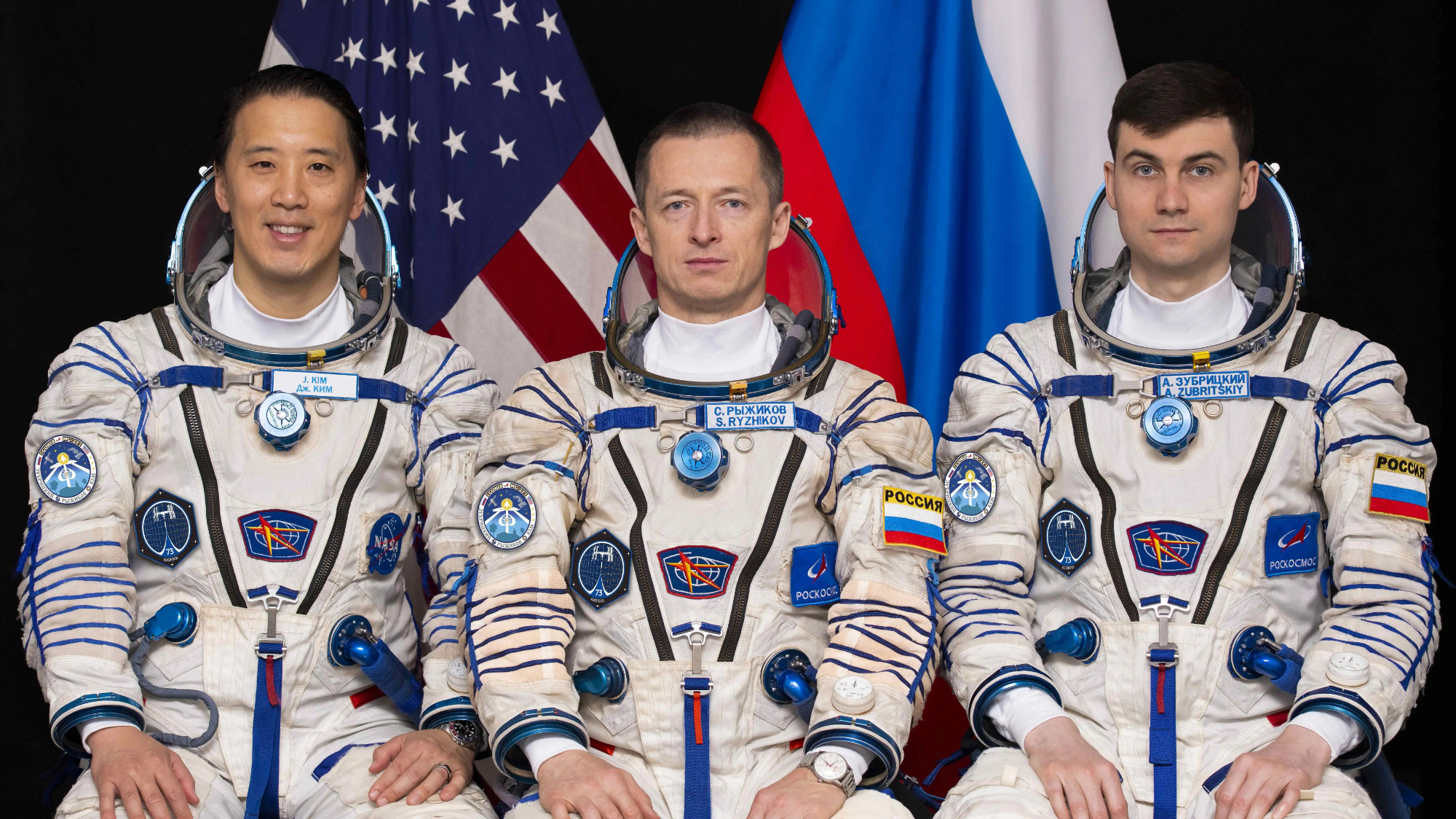
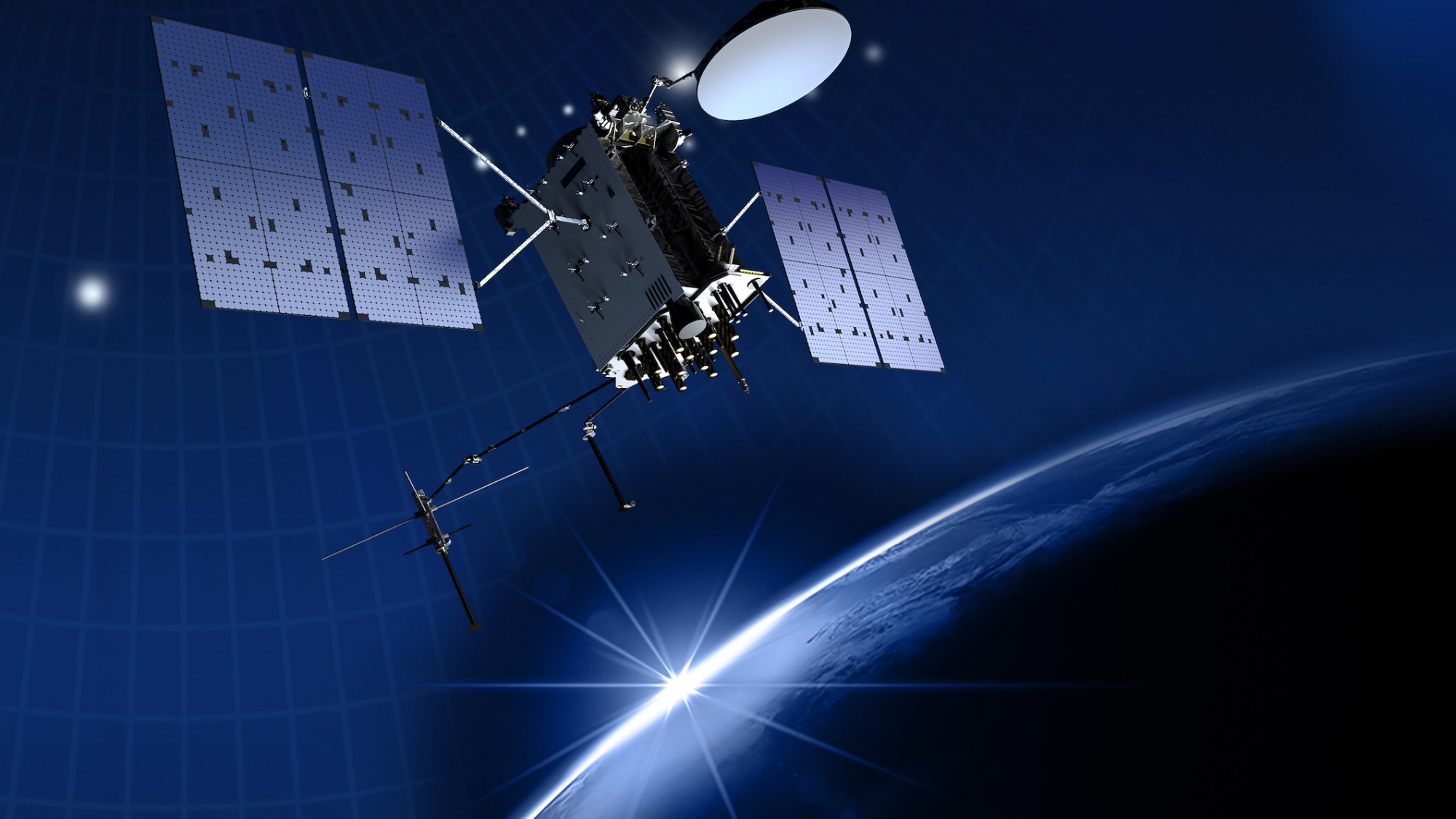




















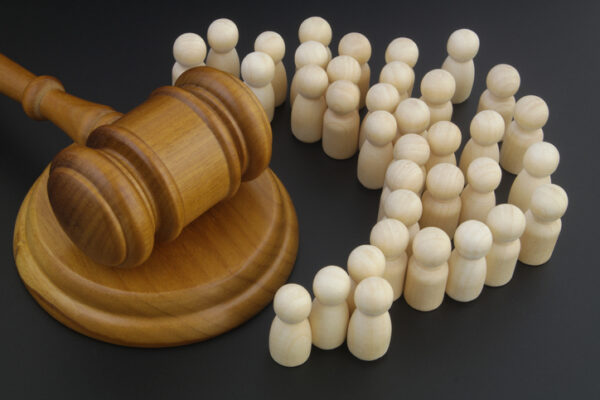
















![The breaking news round-up: Decagear launches today, Pimax announces new headsets, and more! [APRIL FOOL’S]](https://i0.wp.com/skarredghost.com/wp-content/uploads/2025/03/lawk_glasses_handson.jpg?fit=1366%2C1025&ssl=1)





















